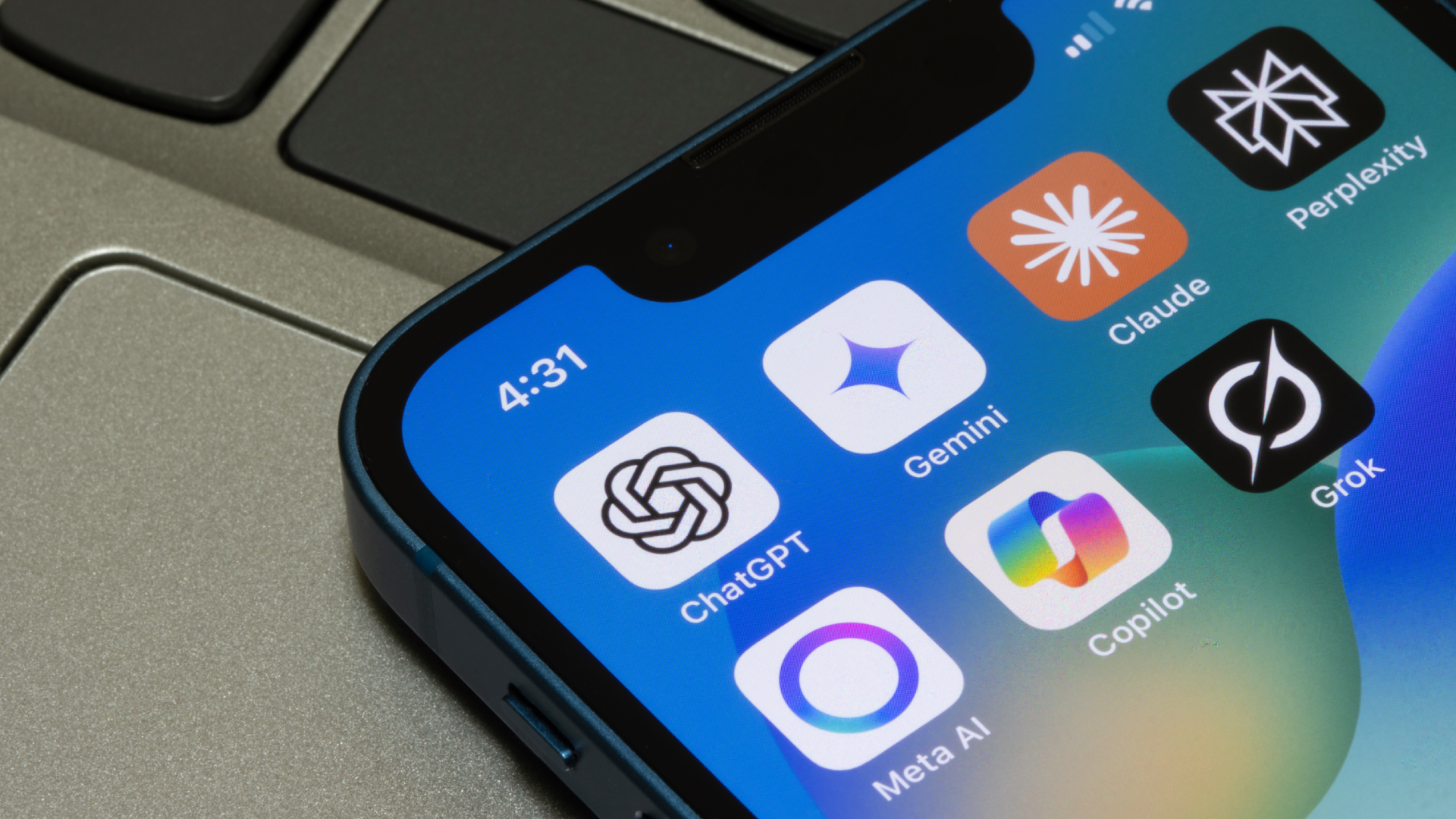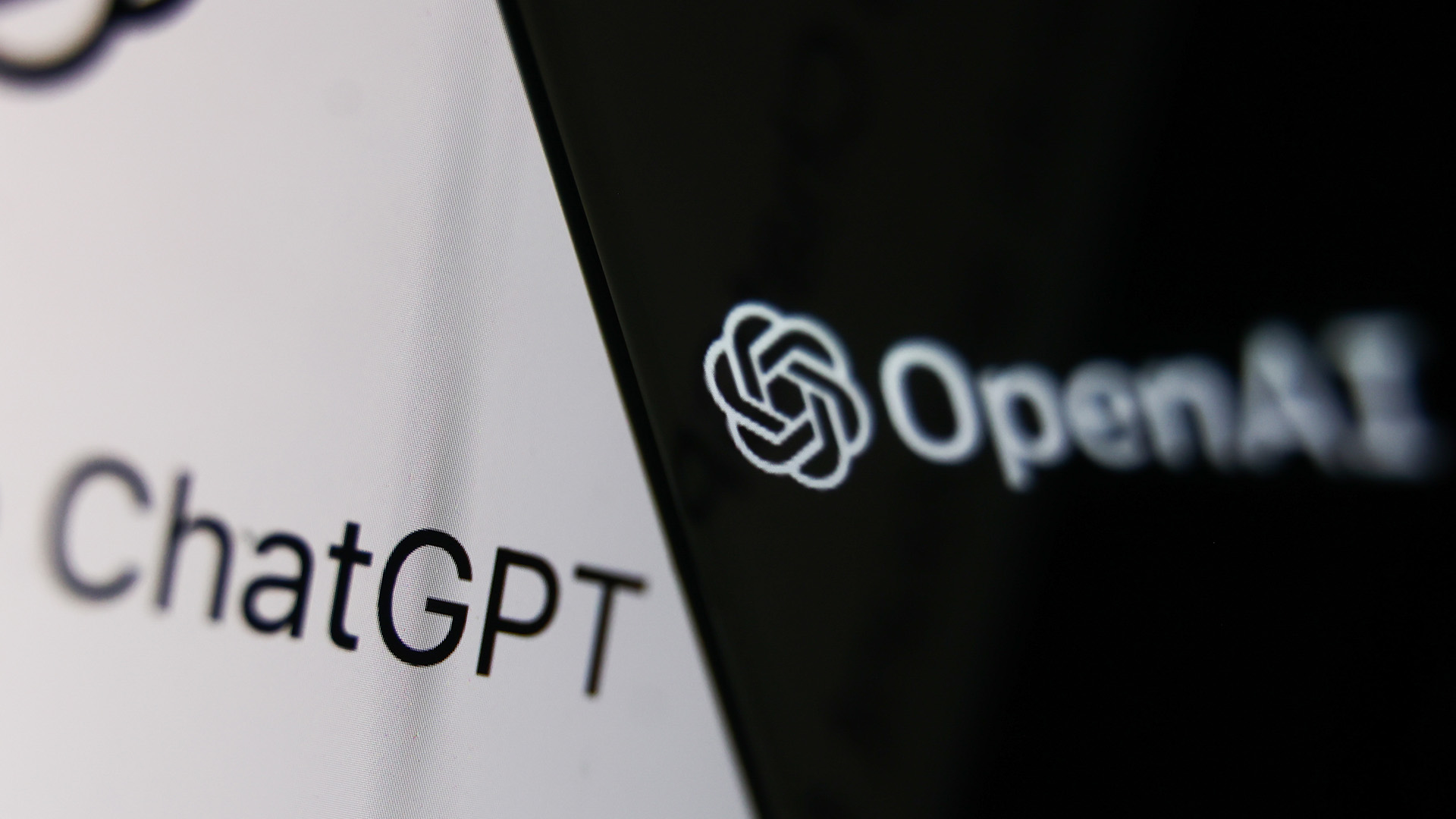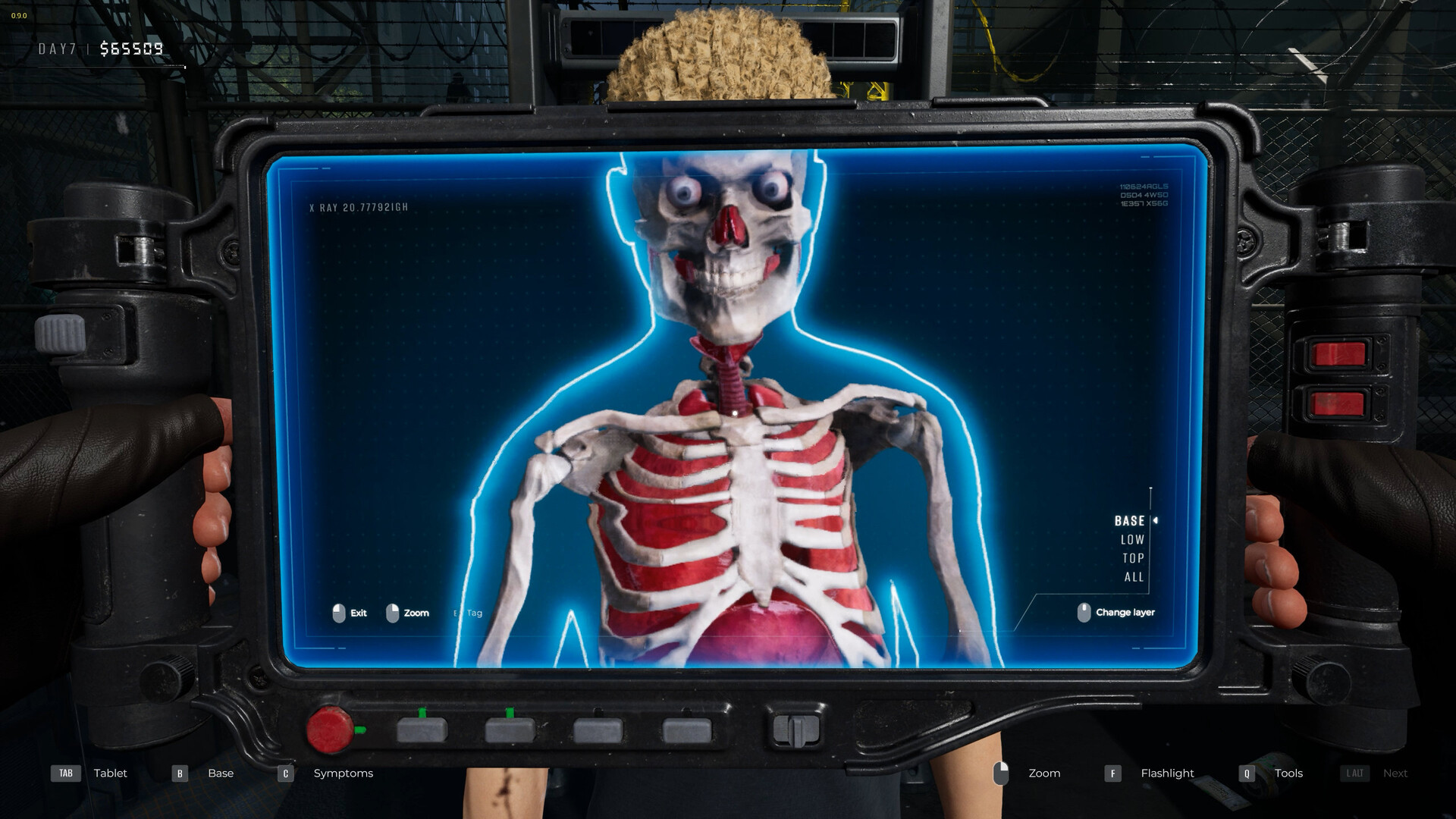
Whatever your feelings about it, we are heading into a somewhat different digital world thanks to AI. I'm ridiculously resistant to changing my habits, and even I am starting to consider keeping an AI chatbot open rather than Google for quick research. So really, it's little surprise that Wikipedia is apparently seeing fewer human pageviews lately.
That's according to Marshall Miller of the Wikimedia Foundation, who says that over the past few months, the site has seen a "decrease of roughly 8% as compared to the same months in 2024" in human pageviews. After updating its bot detection systems, the Foundation "found that much of the unusually high traffic for the period of May and June was coming from bots that were built to evade detection."
"We believe that these declines reflect the impact of generative AI and social media on how people seek information," says Miller, "especially with search engines providing answers directly to searchers, often based on Wikipedia content."
The AI answers that Google spits up top of the SERPs, in my experience, tend to reference articles from publications—such as yours truly—more so than Wikipedia. And unfortunately we now know that AI content now outnumbers human-written articles, although thankfully the trend in this direction seems to have plateaued.
I don't have any stats to back up the notion that search engine AI answers reference a lot of articles from publications rather than Wikipedia, just my own anecdotal evidence. But I don't doubt that many chatbots get their unreferenced answers from Wikipedia, given it is the internet's biggest and most trustworthy encyclopaedia.

That point is often disputed. Many a time have I happened across the common 'debate bro' retort: 'Wikipedia's not a real source.' And while there's something to that, it's hard to deny its use and trustworthiness to get a baseline understanding of at least more common or popular topics which are more widely vetted.
Editing is democratic in nature, so expert updates can sometimes be overruled by a more baseline consensus, meaning you're not getting entirely accurate or up-to-date information, but for a general overview of uncontroversial or popular topics, it's a great and wide-spanning resource. For instance, I have expertise in some areas of philosophy, and yet I still sometimes turn to Wikipedia for an initial understanding of areas of philosophy I'm less familiar with (prior to deeper SEP dives or even light IEP dives).
Keep up to date with the most important stories and the best deals, as picked by the PC Gamer team.
Fewer people visiting Wikipedia might not be too much of an issue if the chatbots that people are instead presumably relying on attain their info from Wikipedia. That would just mean people are getting it from Wikipedia indirectly. Miller thinks this is the case:

What is artificial general intelligence?: We dive into the lingo of AI and what the terms actually mean.
"[Wikipedia is] still among the most valuable datasets that these new formats of knowledge dissemination rely on. Almost all large language models (LLMs) train on Wikipedia datasets, and search engines and social media platforms prioritize its information to respond to questions from their users."
But Miller identifies another issue, this being that, "with fewer visits to Wikipedia, fewer volunteers may grow and enrich the content, and fewer individual donors may support this work."
Plus, there's the question of how accurately AI is taking this information from Wikipedia, and whether it picks up all the latest edits. And there's also the possibility that it's not AI but other forms of content that users are getting their information from, such as social media. That would be something the Wikipedia probably can't do much about, though, given that's just humans learning and/or repeating things, which is different to AI scraping and repeating information.
Regarding what Wikipedia might have more of a say in—people using AI which has scraped and is relying on Wikipedia content—The Wikimedia Foundation is taking steps to try and tackle this change. Amongst other things, the Foundation says, "To make sure third-parties responsibly access and reuse Wikipedia content at scale, we are enforcing policies, developing a framework for attribution, and developing new technical capabilities, including through Wikimedia Enterprise."

1. Best overall:
Razer Blade 16 (2025)
2. Best budget:
Lenovo LOQ 15 Gen 10
3. Best 14-inch:
Razer Blade 14 (2025)
4. Best mid-range:
MSI Vector 16 HX AI
5. Best high-performance:
Lenovo Legion Pro 7i Gen 10
6. Best 18-inch:
Alienware 18 Area-51

Jacob got his hands on a gaming PC for the first time when he was about 12 years old. He swiftly realised the local PC repair store had ripped him off with his build and vowed never to let another soul build his rig again. With this vow, Jacob the hardware junkie was born. Since then, Jacob's led a double-life as part-hardware geek, part-philosophy nerd, first working as a Hardware Writer for PCGamesN in 2020, then working towards a PhD in Philosophy for a few years while freelancing on the side for sites such as TechRadar, Pocket-lint, and yours truly, PC Gamer. Eventually, he gave up the ruthless mercenary life to join the world's #1 PC Gaming site full-time. It's definitely not an ego thing, he assures us.
You must confirm your public display name before commenting
Please logout and then login again, you will then be prompted to enter your display name.

